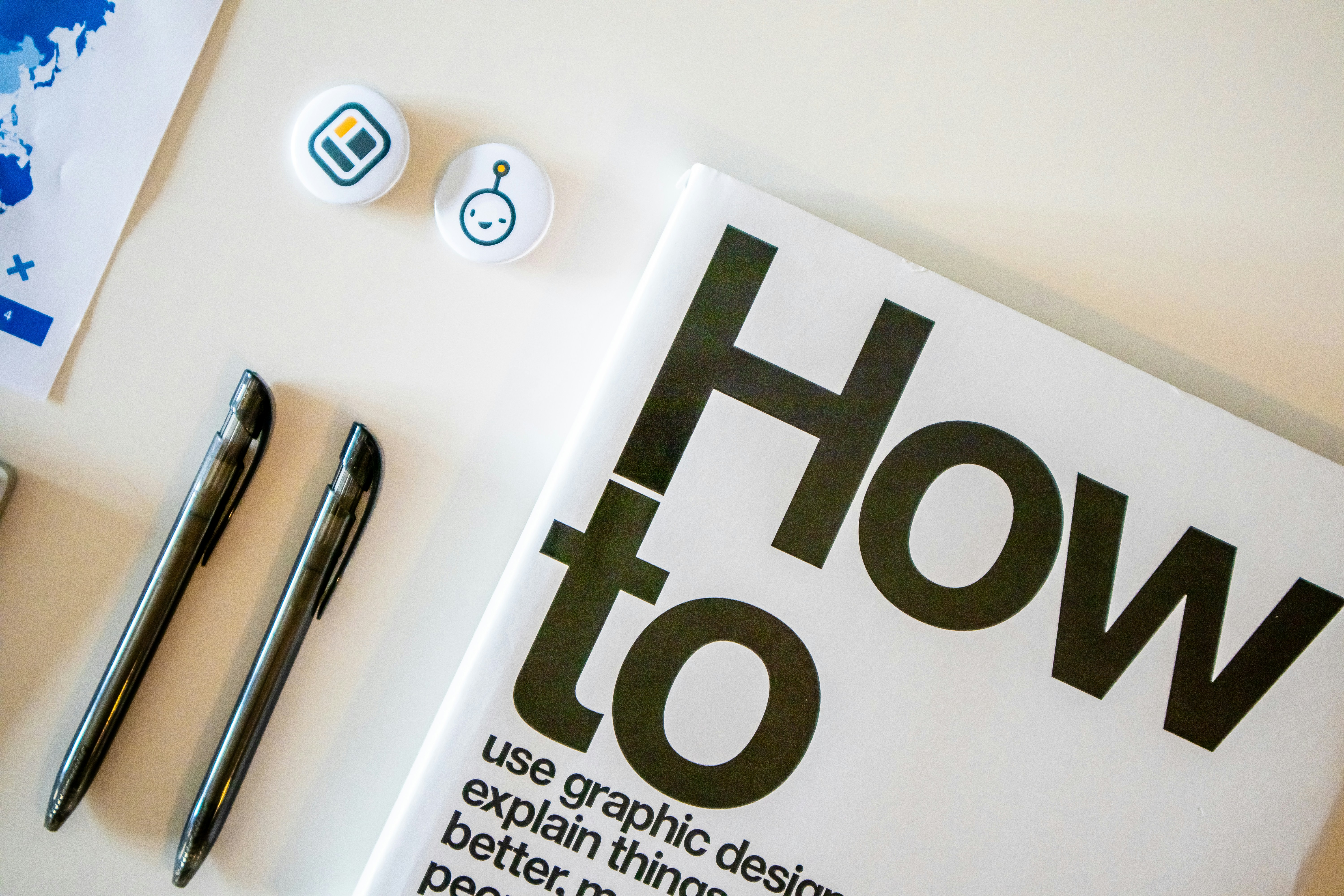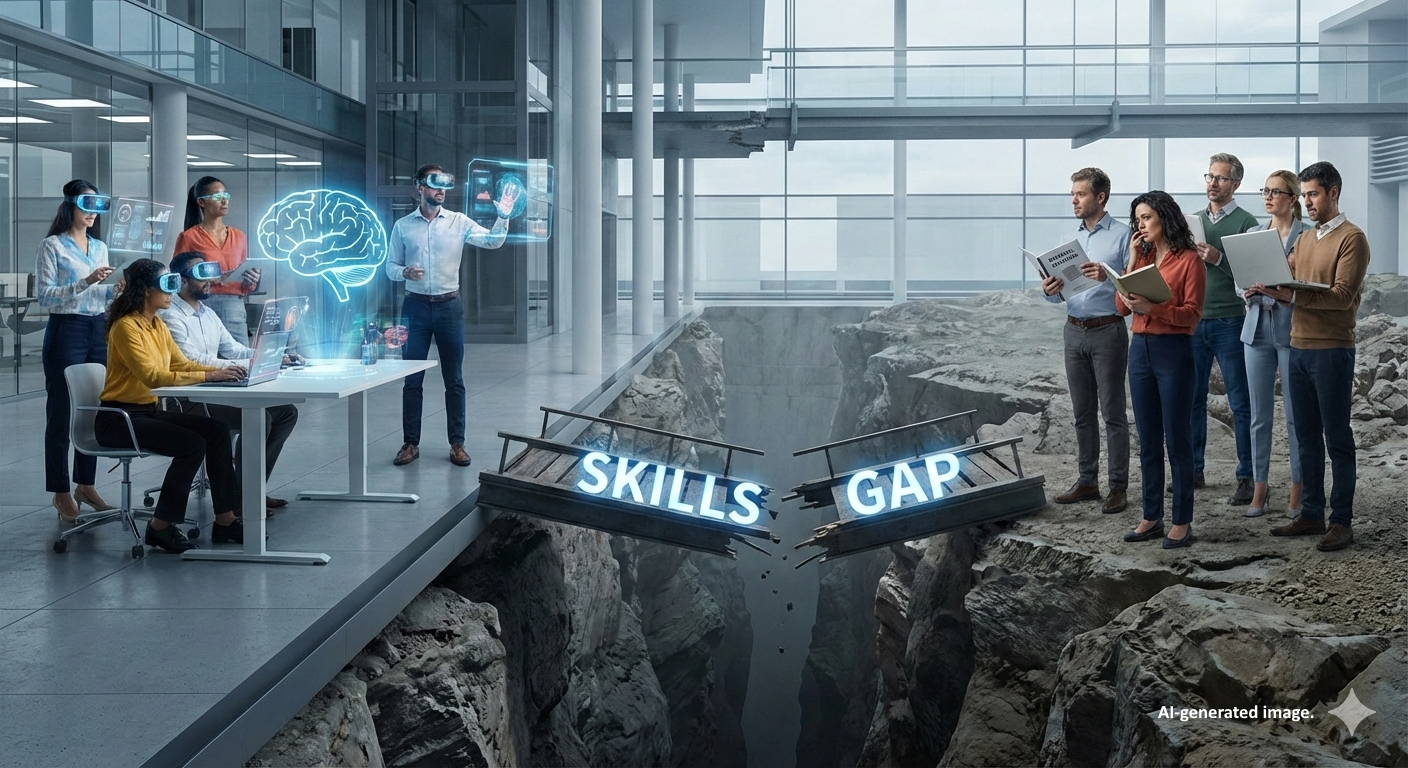By Jacob Dayan.
2020 may have been the year that nobody wants to remember, but many things that came out of that year have continued to impact us in 2021 and will in the long run. While countries responded differently to the virus, many of our social norms evolved and changed over the months we were stuck indoors. As the world has continued to slowly return to normal, we’re wondering whether our pre-pandemic norms will return.
People change their behavior, including their social behavior, based on social cues and leadership. For example, when you saw most people wearing masks last year, you took that as a cue you should wear a mask as well. Each time you put on a mask, it became a little easier until it became a part of your daily routine.
Here are the new social norms in the post-pandemic world.
Greetings
After spending months six feet apart from others and instilling a no-touching rule when it comes to greetings, we can expect there will be fewer handshakes to come in our futures. Many people still don’t feel comfortable shaking hands again and probably never will. Remember, shaking hands was extremely dangerous at one point, so our minds will always remind us that, at one point, shaking someone’s hand to greet them could get you sick.
By now, most people are conditioned to not shake hands and will even stand farther away from others, especially strangers. After months of training your brain to stop putting your hand out to shake someone’s hand, it will be hard to train yourself to do it again.
At the same time, many people are becoming more comfortable shaking hands, but they are aware others might feel uncomfortable, so they usually don’t extend their hands.
Social Activities in Close Quarters
While many people have been able to hang out with their friends and family again, they are not comfortable doing social activities in close quarters. Take an office environment, for example. While before the pandemic, many people hung out together at lunch or collaborated closely on projects by sharing desks, they aren’t so comfortable doing so anymore. Instead, people stay at their desks and collaborate through digital tools like Slack and Google Drive.
Remember, we spent at least six months reminding ourselves to stay at least six feet away from other people. While that was ideal for those, who don’t enjoy talking to people closely, for other people, it was increasingly difficult as they found themselves walking up to people to have conversations. It took us months to get away from our habits, and now we’re trained to keep our distance from others even in the post-pandemic world.
Luckily, not invading someone’s personal space was already a social norm, but six feet was a little farther than most of us were used to with face-to-face interactions.
Reactions to Sneezing
One social norm we all grew up with was to say, “bless you,” when someone sneezed. During the pandemic, however, instead of saying something when someone sneezed, most people ran for the hills. While many people still said something, they likely moved away from someone sneezing.
While people have always avoided getting into close quarters with someone who was feeling ill, we have all started to avoid these people until they’re feeling better altogether. This is something that’s not likely to change any time soon since avoiding the sick was something we already did.
Being Sick at Work
While many workplaces claim it’s better not to come into work if you’re feeling under the weather, many employees still felt the pressure to go into work even if they had a bad cold or flu. Now, employers don’t want anyone who isn’t feeling their best coming into the workplace, which allows employees to get the rest they need.
When someone was sick at work before the pandemic, many coworkers would have no fear and still sit close to that person, even invading their personal space. Now, if someone is feeling a little bit unwell, their coworkers avoid them. While this may seem rude, it can allow the sick employee the space to not feel as much stress at work while they’re working with a cold.
Of course, it’s still better not to go to work, but if you’re going to go, then you should social distance even if you don’t have COVID-19.
Remote Interactions
More social interactions are taking place online, thanks to the pandemic. For example, the interview process has drastically shifted. Remote interviews are more common now than ever. While at first, they started as a way to decrease exposure, many recruiters found they made their lives and the lives of candidates easier. Instead of having someone interview in person, they can take interviews in their own home for their convenience.
Another example of a new remote interaction is when you’re buying a home. Now, you can take digital tours instead of attending an in-person open house. You can also obtain a mortgage loan without even having to visit a lender in person.
These remote interactions have provided everyone with a level of convenience they never had before, which makes these norms more likely to stay long after the world has returned to normal.
Stopping People You Know in Public
When you see someone you know at the grocery store, it used to be a social norm for you to say hello to that person. Now, most people will save or not let their presence be known at all. This helps everyone avoid the risk of a social interaction that could lead to illness.
While many people in the US are vaccinated, you still never know who does not have the vaccine, so it’s better to be safe than sorry when approaching people you don’t know well just to say hello. Instead, offer them a polite wave and return on your way.
Avoiding Strangers
While you may or may not avoid saying hello to someone you know, you now likely avoid strangers at all costs. Before, maybe a stranger would approach you to ask a question or say hello. Now, we avoid interaction with people we don’t know. While the world may seem a lot less friendly this way, it’s also a lot safer. We’ve been warned of stranger danger since we were children, so it’s usually not a good idea to engage in conversation with someone you don’t know on the street.
Are New Social Norms Rude?
While avoiding people and staying more than a couple of feet away from them during social interactions may have seemed rude at first, they are now social norms most people understand and partake in. While some social norms are here to stay, such as being polite and raising your hand in a classroom, others, such as handshakes, are likely to remain less popular.
==========
Jacob Dayan graduated with a Bachelor’s in Business Administration from the University of Michigan’s Ross School of Business. He began his career as a financial analyst at Bear Stearns’ industry leading Financial Analytics and Structured Transactions group. In 2010, he co-founded Community Tax LLC, a tax company dedicated to helping customers nationwide with tax resolution, tax preparation, bookkeeping and accounting services. As CEO of Community Tax, Jacob Dayan has assembled a strong team of attorney practitioners, CPAs and enrolled agents to deliver superior customer service and expected results.
Thanks for reading CPA Practice Advisor!
Subscribe Already registered? Log In
Need more information? Read the FAQs




